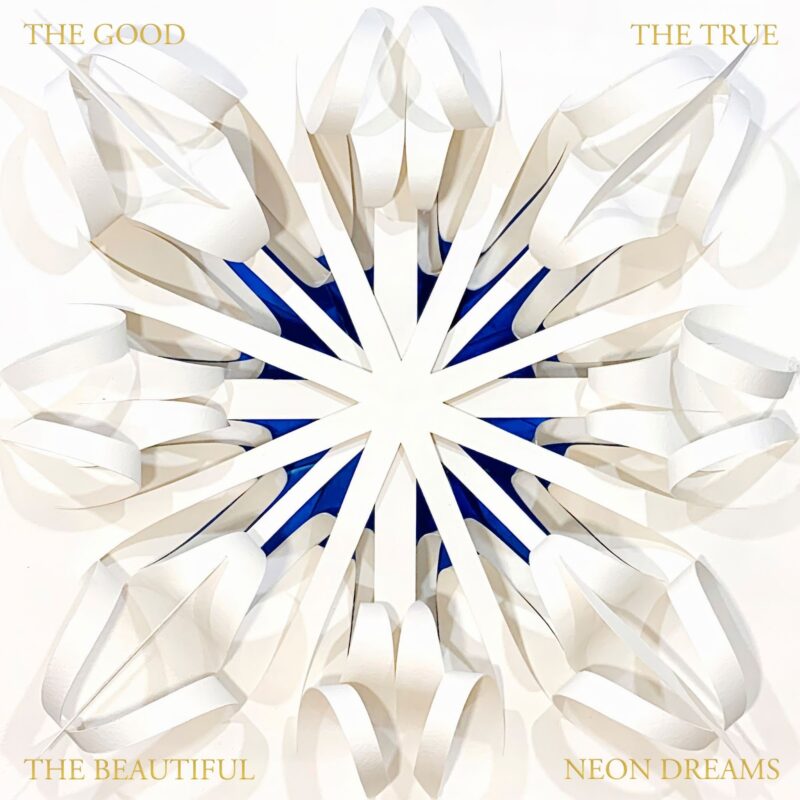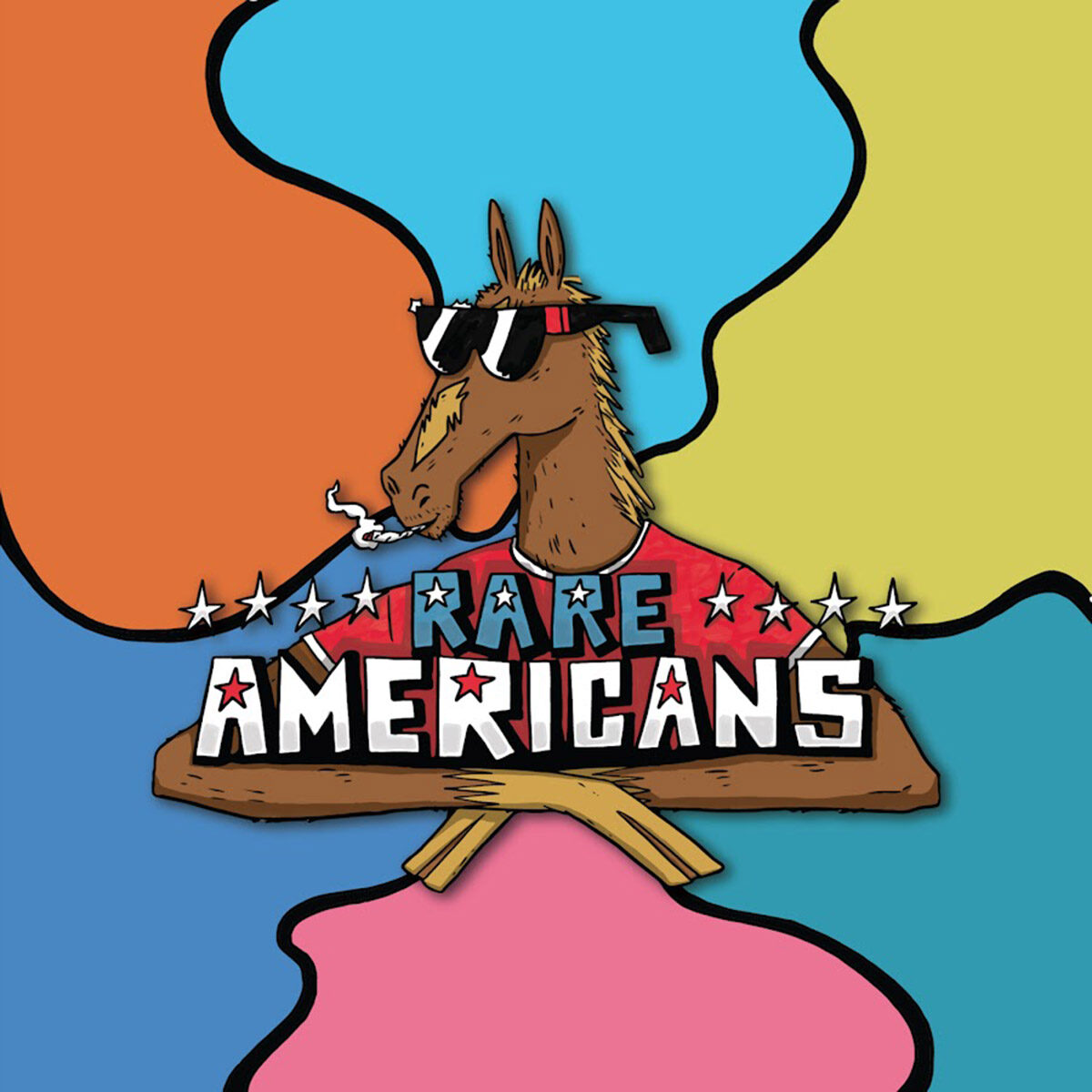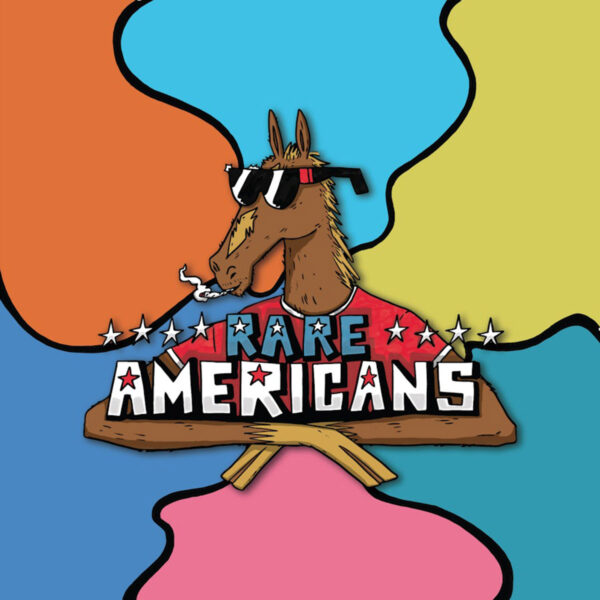Olivia Newton-John was the first legitimate superstar artist this writer had the privilege of interviewing. Newton-John, who lost her courageous battle with breast cancer on August 8th at the age of 73, had already established herself as a major recording artist in July 1976 when MCA Canada’s Western Canada regional office in Calgary presented her with a slew of gold and platinum albums to mark the success of her 1974 ‘If You Love Me Let Me Know’ and 1975 `Have You Never Been Mellow’ album releases.
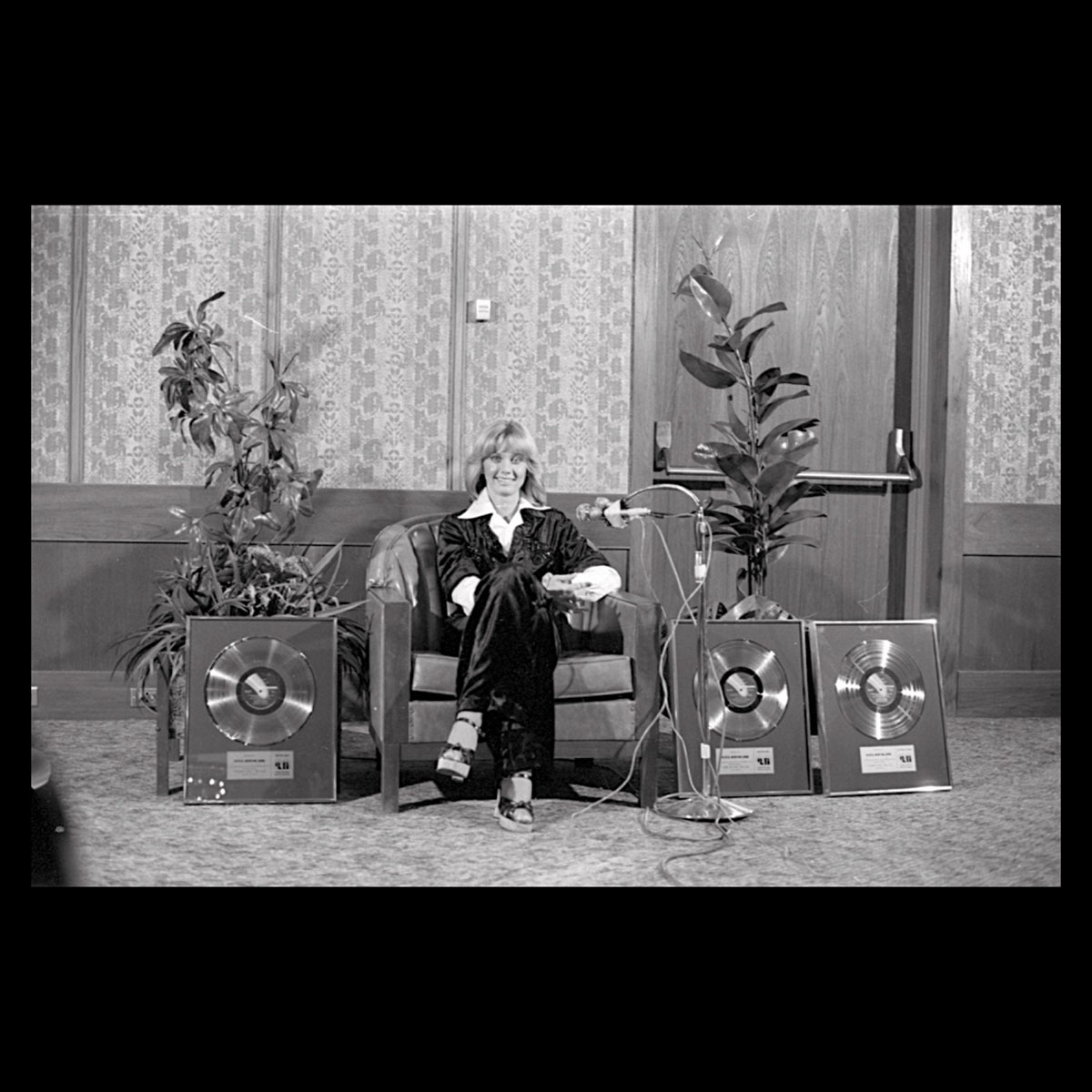
Two years later, Newton-John scored global success as co-star with John Travolta in the movie ‘Grease,” but at that time, she was dominating the Billboard Pop, Country and AOR charts when she was feted by MCA during a Calgary concert appearance.
At that time, the controversy was raging in U.S Country Music circles that Newton-John was not a legitimate Country artist. Her hit songs: “I Honestly Love You” and “Let Me Be There,” didn’t fit specific Country formats, and like Shania Twain would endure in more recent years, her win as Country Music Association’s 1974 Female Artist Of The Year recipient (beating out the likes of Loretta Lynn, Dolly Parton and Tanya Tucker) was heavily criticized by the mainstream industry.
So, when I got 20 minutes to chat with Newton-John, I was told not to talk about her questionable Country music status and to try to find other areas of conversation instead.
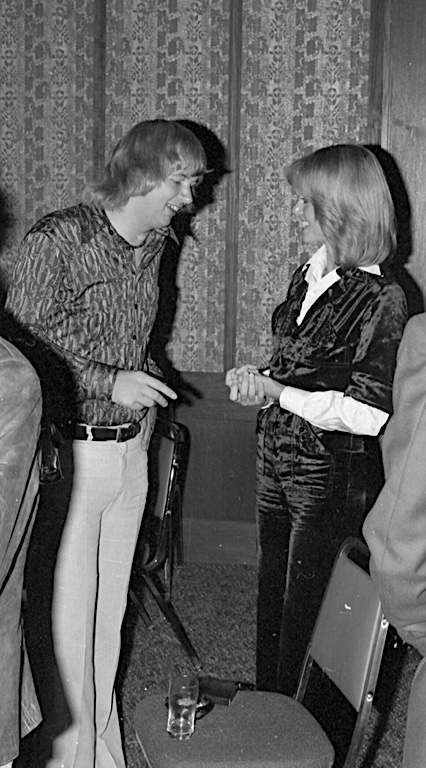
Photo by Ian Mark for Music Express Copyright
Noting that she was originally born in Cambridge, England but emigrated to Melbourne, Australia, in 1954 at the age of six, where she established herself as a child star on Aussie television and an active participant in talent showcases, her story was very similar to that of The Bee Gees who had emigrated to Australia from Manchester England under similar circumstances.
Newton-John warmed to that line of conversation and explained the difficulties in re-adjusting to succeeding in England after she won a talent contest with a grand prize of a trip back to her birthplace.
It was fellow Australian John Farrar, who was Cliff Richard’s producer, who helped with her career focus. After a few false starts, she finally achieved some level of success with a 1971 track, “If Not For You,” and appearances on Richard’s weekly British television show gave her national exposure.
Richards is a British megastar who never really caught on in the U.S (due to comparisons with Elvis Presley), and it was ironic that later in her career, Newton-John helped Richards to (briefly) crack the U.S market when she had a hit single with him “Suddenly” which was a track off her Xanadu movie soundtrack.
Newton-John clearly enjoyed talking about topics other than that Country Music controversy, and although it was only a brief, 20-minute chat, it proved to be a coup for this young writer at the time, scrambling to assemble copy for his debut issue of Alberta Music Express, which launched October 1976.
With the global success of `Grease’ and three major pop music hits off the soundtrack, Newton-John succeeded in moving on from being known as just a Country artist; as Twain and Taylor Swift later emulated, she surprised her fan base with the racy “Physical” hit which showed her versatility.
But unfortunately, she was first diagnosed with breast cancer in 1992, and although she bravely fought her illness which went into remission, her illness returned in May 2017 and progressed to Stage IV. To combat the pain, Newton-John became a key advocate for the medical use of cannabis.
Appointed Dame Olivia Newton-John by Queen Elizabeth in 2020, she was still able to make several cameo appearances in shows like Glee, Dancing With The Stars, Saturday Night Live (which she hosted and performed), American Idol and even RuPaul’s Drag Race (as a judge). Legacy-wise, she is a four-time Grammy Award winner, had five number-one Billboard hits, 10 top ten singles hits, two U.S No 1 album hits, plus 11 of her hits achieved at least gold status (two platinum hits). With global sales of over 100 million records, Olivia Newton-John leaves behind a rich legacy – and some fond memories for this music writer.




